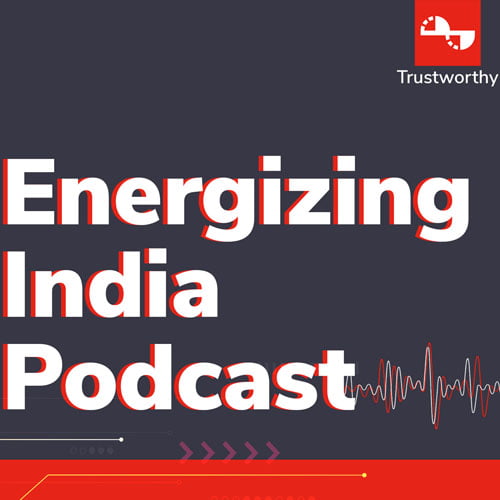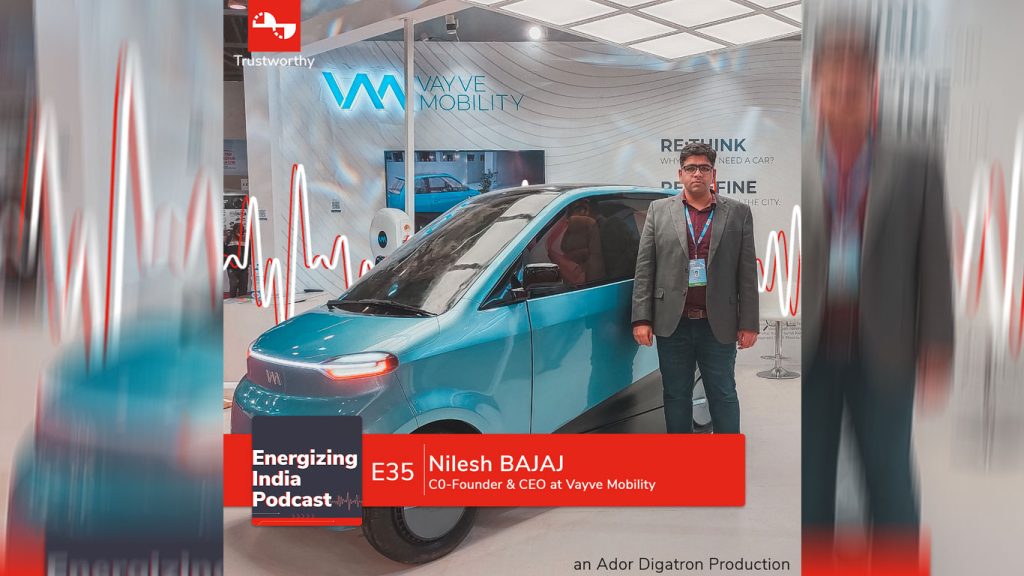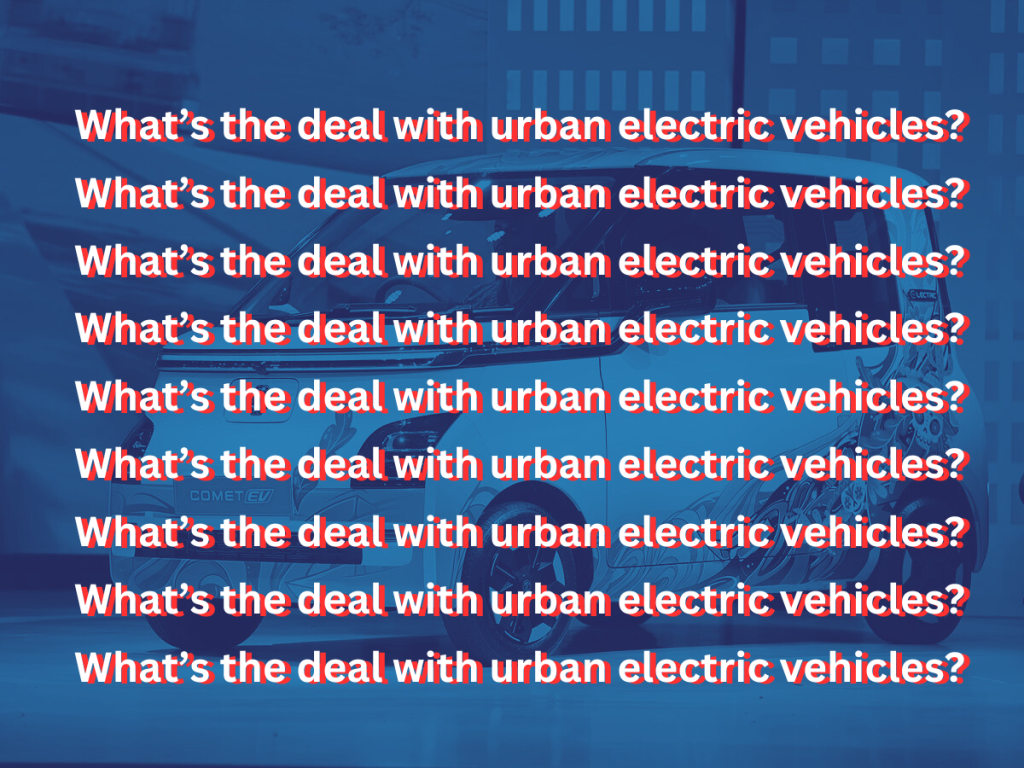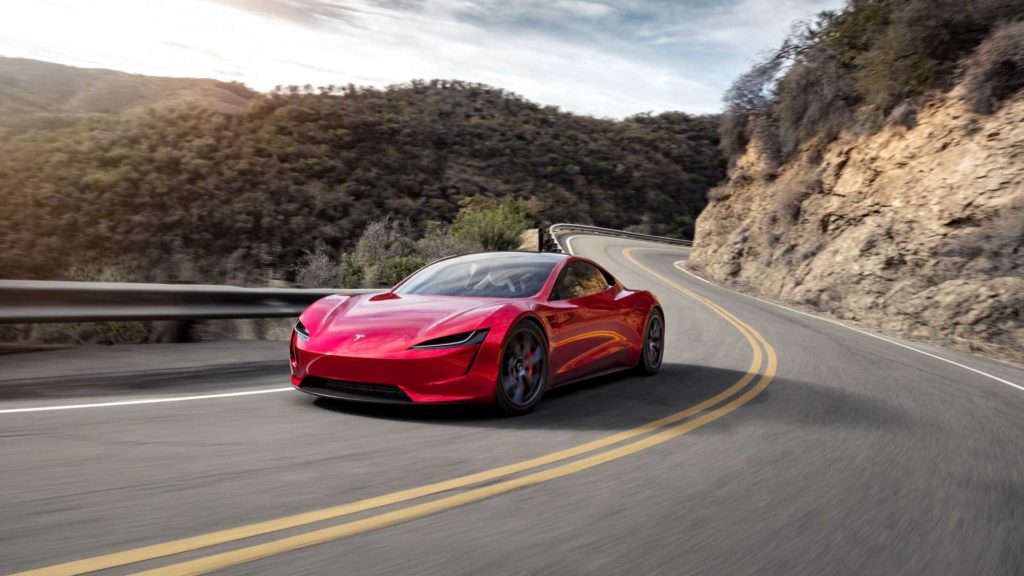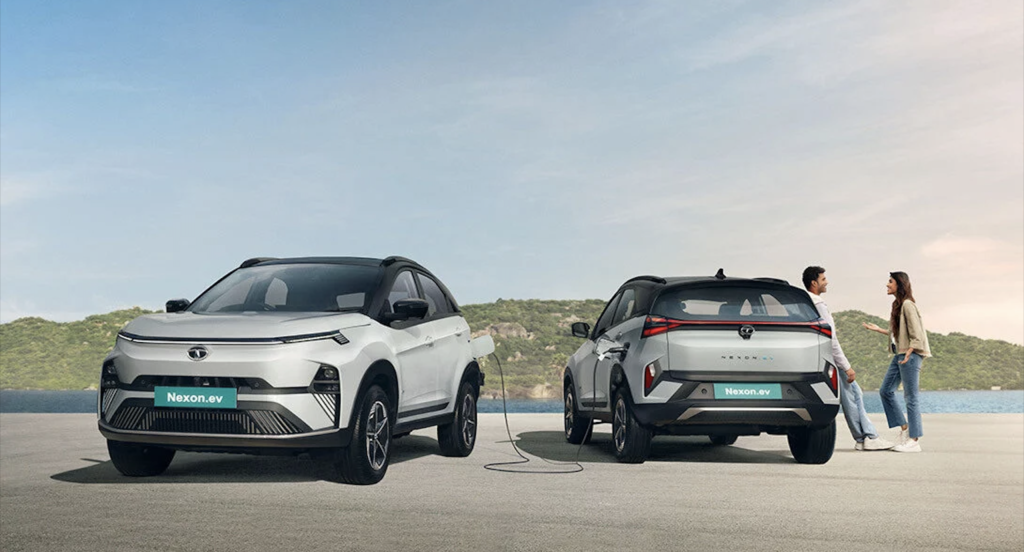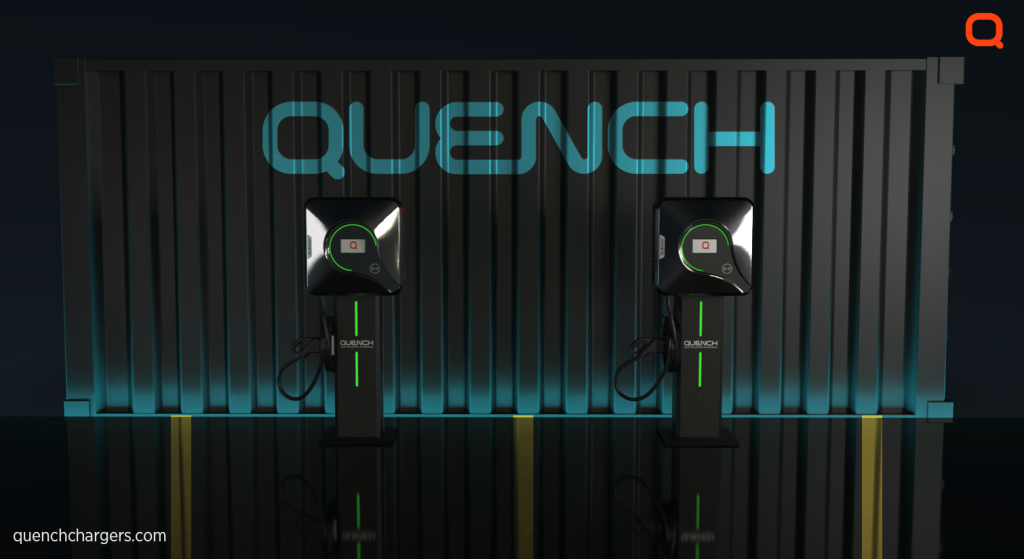Future of Electric Vehicle in India
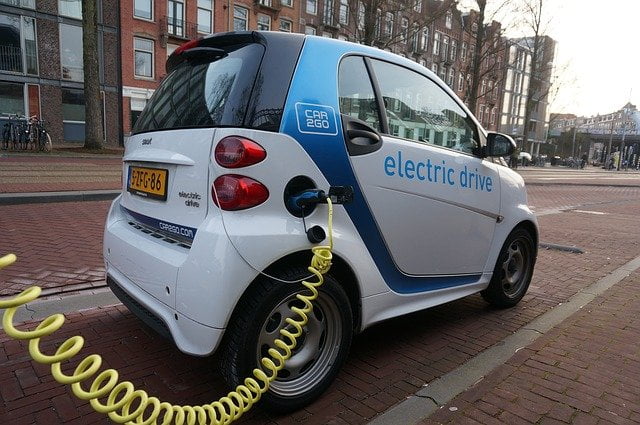
Future of Electric Vehicle in India
India is the fastest growing electric vehicle market in the world
Again, India is the world’s 10th largest economy and it is on the rise. India also has one of the highest rates of car ownership in the world. A study done by ICE shows that as much as 34% of vehicles owned in this country are electric.
India is on its way to becoming an EV market, with a 1-billion-dollar worth opportunity for manufacturers. The country has seen an exponential growth in the numbers of people buying EVs and the government’s aim to have only electric vehicles by 2030 won’t have been met if this trend continues. With new startups and companies like OLA launching their own electric vehicles, India is poised to become a true global leader in EVs.

Zero emissions and a cleaner tomorrow
EVs have no tailpipe emissions and produce significantly less greenhouse gases than fossil fuel powered vehicles. An EV can save you up to Rs. 1,50,000 in annual fuel costs and up to one ton of greenhouse gas emissions!
Electric vehicles (EVs) are cars that use electric power to move. An EV has no tailpipe emissions and provides a significant reduction in greenhouse gas emissions. The environmental benefits of EVs are obvious, but what is less known is how much you can save by switching to an EV.

Beautiful Design, Inside and Out
Beautiful design is only half of it - our EVs have been designed with sustainability in mind. The regenerative braking system captures kinetic energy that in turn generates electricity which powers the on-board systems while driving.
Drivers of electric and hybrid vehicles have more power over their driving experience than ever before. This is because engineers have designed these vehicles with sustainability in mind. The regenerative braking system captures kinetic energy that in turn generates electricity which powers the vehicle, giving drivers the ability to exert control over their energy consumption level for every drive.

The Key Facts about Electric Vehicles in India
The Indian government has set a target to reduce the import of petroleum products by 10% by 2030. This is the reason why electric vehicles are gaining momentum in India. The Indian government has also set up a target to have 6 million electric cars on the roads in India by 2020.
The electric vehicle market in India is growing at an exponential rate. As per data from the Society of Manufacturers of Electric Vehicles, there were only 2,000 electric vehicles sold in India in 2010 and this number increased to 1 lakh units in 2017-18.
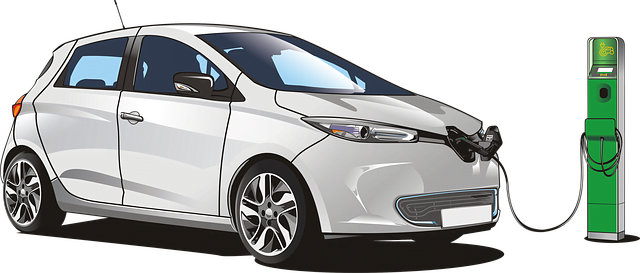
Latest Developments in the Indian EV Space
India is one of the fastest growing economies in the world. In recent years, India has been witnessing an exponential growth in electric vehicle (EV) sales. The latest developments in the Indian EV space are a result of this rapid growth and they will have a considerable impact on the future of EVs in India.
The Indian government has been working on various policies to promote electric vehicles, such as subsidies for buyers and incentives for manufacturers to produce more EVs. The government also wants to make charging stations available at least every 10 km across India by 2020. Other countries like China are also following suit and adopting similar policies.
In addition, there are many startups that have emerged to provide innovative solutions for EV charging stations, battery swapping stations, and even electric buses or trucks. They are making efforts to disrupt.
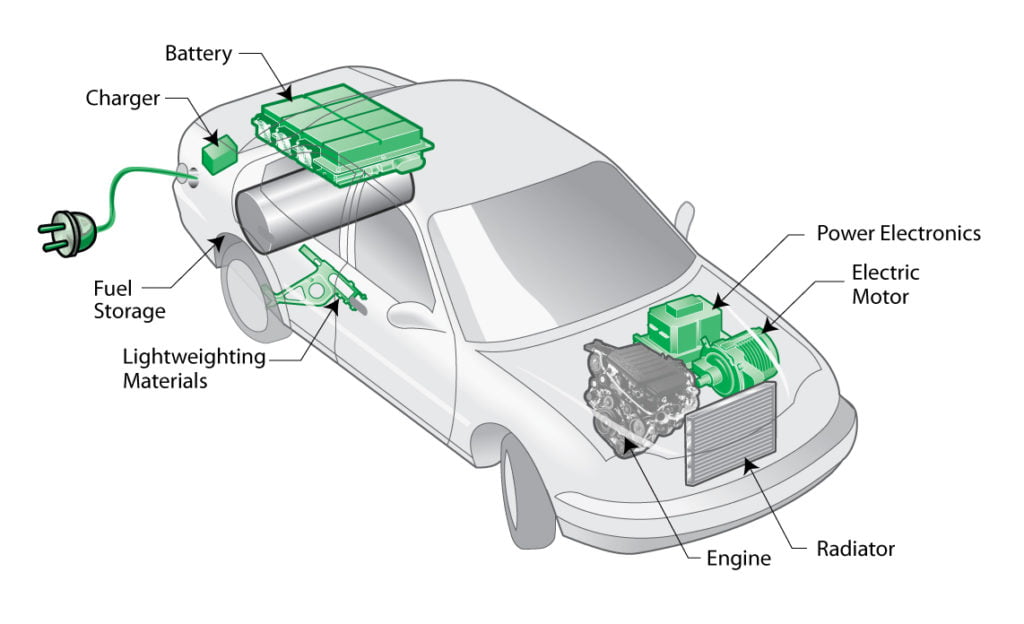
Making an Investment Decision for an EV in India
In India, there are many electric vehicles. This article will help you learn about the various factors that you need to consider before making an investment decision for an EV in India.
The first factor is the type of EV to purchase. There are two types of EVs: battery-powered and hybrid electric vehicles (HEVs). Battery-powered EVs have a limited range but are cheaper than HEVs. HEVs are more expensive but they have a longer range and can be charged at home or at a charging station.
The second factor is the charging station infrastructure in your area. You need to decide if there are enough charging stations near your home or workplace, and if not then whether you want to buy one for yourself or not.

How to Get a Green Vehicle Registration Number after Buying an EV?
The Ministry of Transport is making it easier for electric vehicle owners to register their vehicles by introducing a green vehicle registration number. This is in an effort to promote the use of greener transport options.
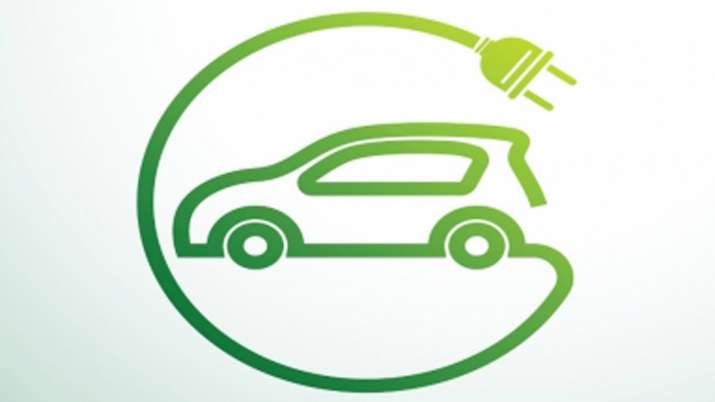
Conclusion: What Lies Ahead for the Electric Vehicle Industry In India?
The electric vehicle industry in India has been gaining momentum recently. The government is also supporting the growth of this industry, with plans to make India a 100% electric vehicle nation by 2030. The potential for growth in the electric vehicle industry is immense, with the number of vehicles in India expected to grow from less than 1 million in 2015 to over 4 million by 2020 and 12 million by 2030.
Conclusion:
The future of the Indian EV market looks bright and there are many reasons for optimism. However, there are still many challenges that need to be addressed before we can call it a success story.
FAQs
According to a report, India is the fourth largest market for electric cars. The future scope of electric vehicles in India will depend on the government’s commitment to environment protection. For instance, France and China have announced plans to ban petrol and diesel cars by 2040. If we want to be leaders in environment protection, India should follow suit.
The success of electric cars in India has been met with some skepticism, but there are many benefits. One of the major benefits is that electric cars are cheaper to maintain and don’t need to be filled up as often. Gasoline prices have gone up in recent years, so this can make a huge difference in the long term.
With the rising demand for environmentally-friendly transportation, more people are turning to electric vehicles. These vehicles are showing great promise as they produce zero emissions, significantly reducing greenhouse gases and improving air quality. In order to meet the demand for this type of transportation, we will have to explore alternative fuels and battery technologies that can keep up with the rapid pace of innovation in the industry.
The government of India is pushing for more electric cars. The Indian government has introduced a plan to make all vehicles in the country electric by 2030.
India is a key player in the electric vehicle market. In February this year, India’s Tata Motors invested $39 million in electric vehicles.
Some people are excited about the prospect of electric cars being the future and some people are skeptical. Some say that electric cars will never work because they can’t travel long distances and their batteries need to be charged too often. However, research shows that battery charge time is decreasing with new technology. Others are worried about the cost of buying an electric car, but many companies offer leases or buyback plans so it
The popularity of electric cars has been questioned for many reasons. One reason is the limited battery life. Another reason is the limited range of the car’s battery. The battery life and the range are both important factors to consider when purchasing an electric car, but these issues are being addressed by companies such as Tesla. Tesla has a battery that can last up to 300 miles, which can be helpful in rural areas.
India is not ready for electric cars because of poor infrastructure, lack of charging stations, and the high cost of electric vehicles.
India has the most potential to be an electric vehicle market. This is because of the country’s high demand for vehicle ownership, low fuel prices, and a rapidly growing economy with a need for sustainable transportation solutions. The Indian government is also encouraging this shift by proposing a tax structure that will eventually make electric vehicles cheaper than their fossil fuel counterparts. There are currently over 150 charging stations in India which will grow to
EV - Educate
How can we help you?
Contact us for more information about Electric vehicle and its relevant subjects.
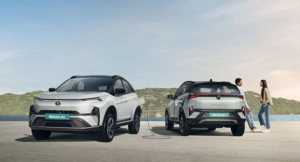
Everything about the new Nexon.ev!
September 20, 2023 Tata Motors has unveiled the highly anticipated facelift of Nexon.ev in India, marking a milestone in the country’s electric vehicle (EV) market.

Quench EV Chargers Launches First-of-its-Kind Movable DC Fast Charger
Pune, India, August 15th, 2023 – Quench EV Chargers is proud to present its latest innovation, the Quench Mini – a Movable 30KW DC Fast

EP 38 | Taking the bull by the horns, legacy takes the future head on | Amara Raja Batteries
The EV revolution that we are witnessing globally right now has demonstrated that legacy players have been repeatedly caught off guard as new technologies were
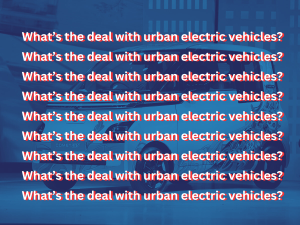
What’s the deal with urban electric vehicles?
With the increasing population in India, it has become evident that it will soon overtake China in terms of population density. As the population is

EP 37 | Rediscovering Sustainable Last Mile Logistics | Fyn
In this episode, we hit the road and have a conversation with Visakh Sasikumar, an entrepreneur who co-founded Fyn, a startup focused on end-to-end micro-electric

Quench EV Chargers And Advanced Battery Concepts (ABC) Announce Strategic Collaboration For Off-Grid Electric Vehicle Charging
CLARE, MICHIGAN and SHELTON, CONNECTICUT, June 15, 2023/ — Advanced Battery Concepts, LLC (ABC) is a U.S.- based battery technology company and Quench EV Chargers




